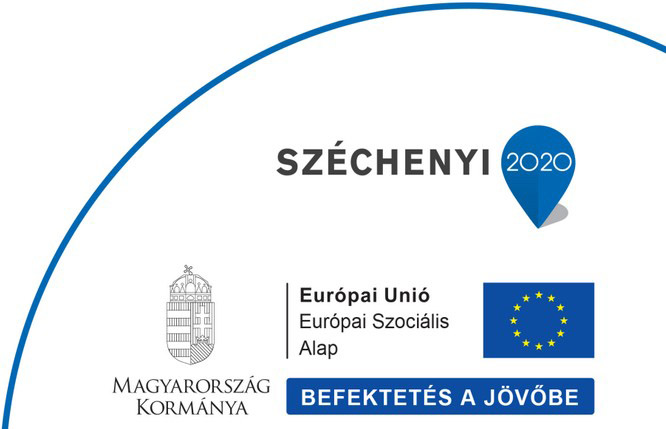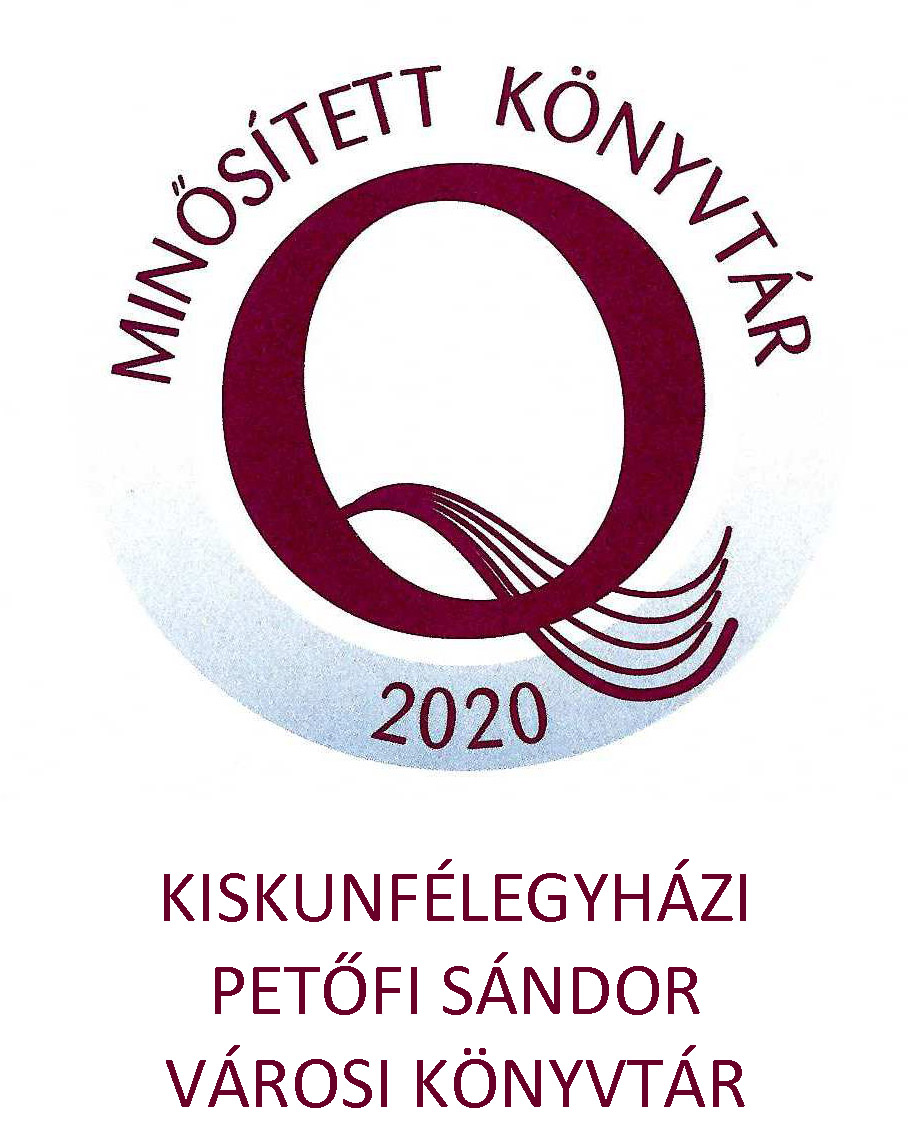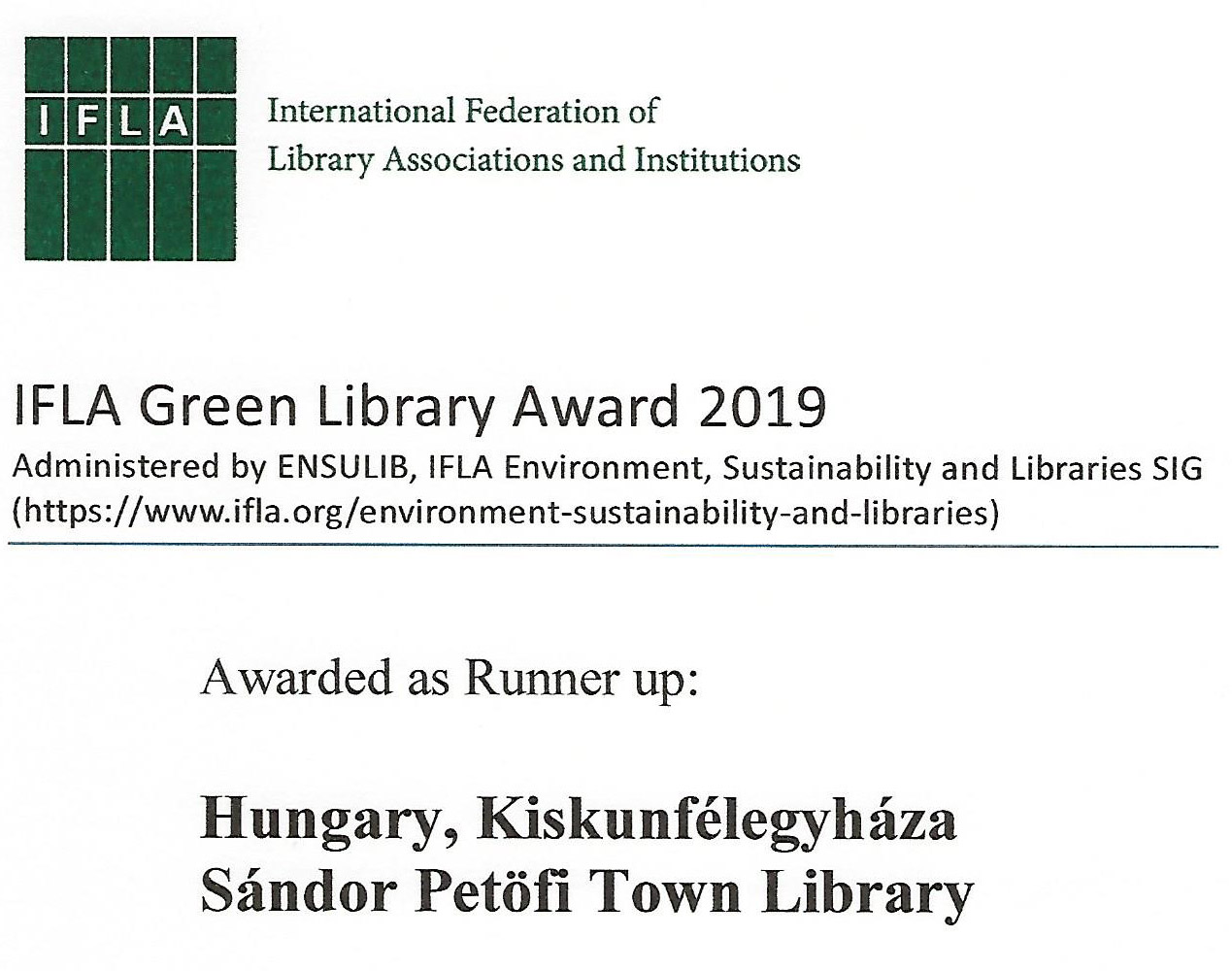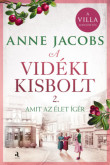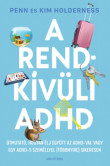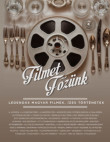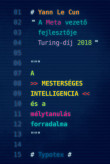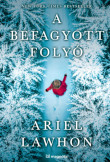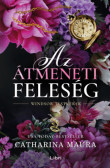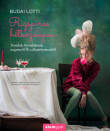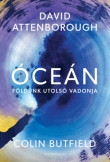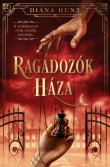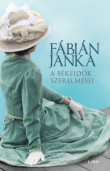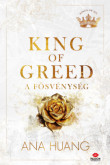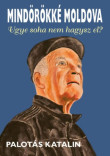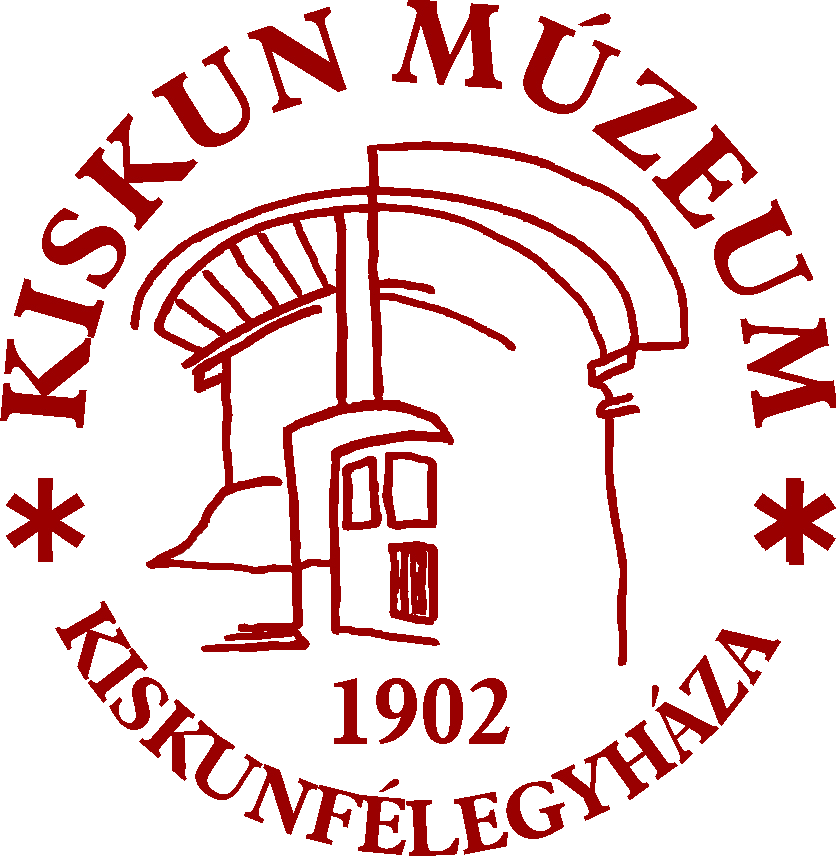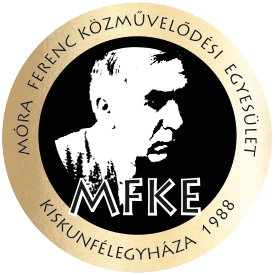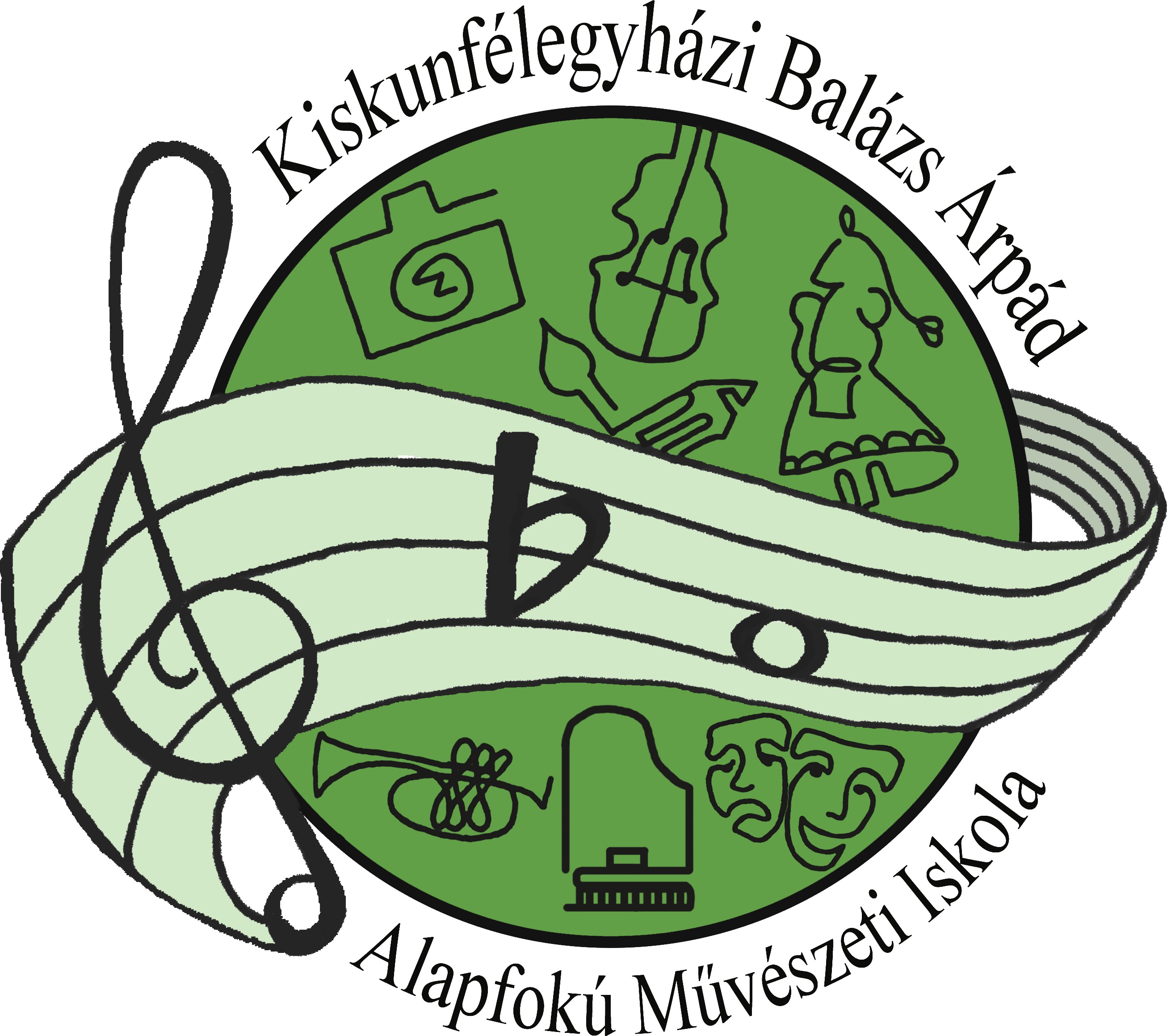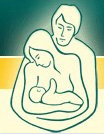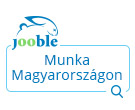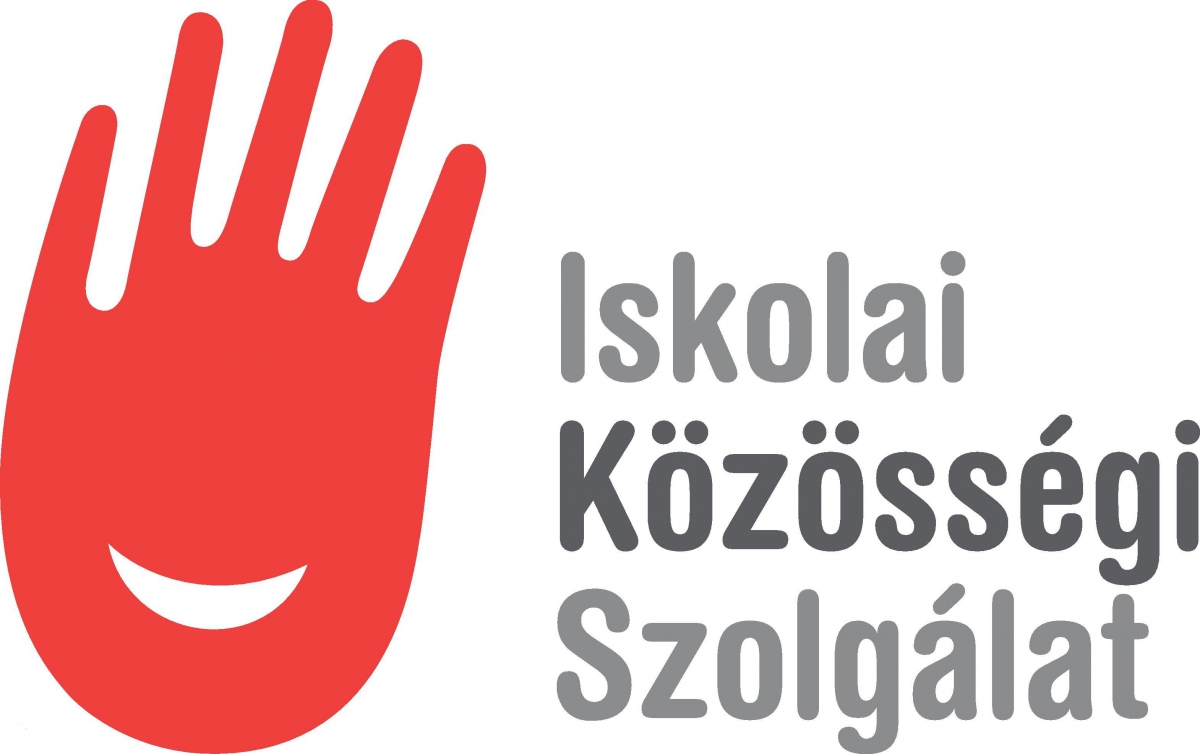About Sándor Petőfi
Sándor Petőfi
1823-1849
Sándor Petőfi, an overly beloved son of our nation was born with a mission. He mission was to awaken his nation to self-awareness, self-sensibility and self-esteem, with the help of his poetry and his life as an example.
|
„Oh hazám, mikor fogsz ismét Tenni egy sugárt, egy kis fényt Megrozsdásodott nevedre? Mikor ébredsz önérzetre?” (A magyar nemzet) |
 Petőfi dagerrotípia (Egressy Ákos 1845.) |
Our caring God had given us Sándor Petőfi so that we had a great poet as well as a great character.
Sándor Petőfi was an honest and fair man who hated discrimination, liar and unproductive, lazy lifestyle.
Sándor Petőfi believed in the idea of taking action and he gave us an example for fighting. God had sent this honest man to Earth to sound: where “the sun of thought shines in every window of every house”, where “people hold their heads high in dignity, even in the lowest hut”, where happiness lives “in friendly, warm rooms” – is the Promised Land.
This divine man was persuaded that the aim of the world is happiness and its vehicle to achieve that is freedom.
This divine poet had devoted his lifetime to show us the way to the land of freedom, love and truth.
Sándor Petőfi was aware that “this century is expecting, and great days are going to be born”.
15th March 1848 had been the day, Petőfi’s big day. The day that has a place in the calendar of every Hungarian man’s heart ever since. That was the day he had sung his song up to the skies and that song had burnt into the hearts of the youth and it never lets the Hungarian accept durance. Those were the days when a “new, noble church” of freedom was planned where every nation of the world would have a place.
„A kék eget vesszük boltozatnak,
S oltárlámpa lészen benne a Nap!”
But “terrible times“ had come and the building of the church of freedom was interrupted. Petőfi left for battle, betwixt “snorting steeds” and on 31st July 1849 near Fehéregyháza, somewhere around Ispánkút he died a hero’s death for freedom, which he called his “soul’s deity” in one of his poems.
It is still unknown where his grave and his remains are. May be a reason for that?
„Tisztán olvadt át a halhatatlanságba,
Csupa lélek volt, por nem maradt utána.”
His oeuvre that had remained for us is our nation’s most precious treasure. It is part of our lives just like light and air. How could we think of March without the poem “Talpra, magyar!”? How could we remember our childhood without “János viéz”? How could we think of a children’s school book without “Anyám Tyúkja” in it?
In Petőfi’s poetry, all the Hungarians of the world can find their home. We have his beautiful poems he wrote from the bottom of his noble heart and we can be better people by them day by day.
„S anyánkat, ezt az édes jó anyát,
Oh Pistikám, szeresd, tiszteld, imádd!
Mi ő nekünk? azt el nem mondhatom,
Mert nincs rá szó, nincsen rá fogalom;
…
S ha nincsen érzés a szív birtokában,
Az ember mit keressen a világban?”
Everything had become brighter since he was in the world. His life was a sign, a revelation that spread in the world and made it glow right away.
It is said that Petőfi had brought us what was earlier missing from our minds, from our hearts, from our lives. Petőfi shines like the sun, he twinkles like the stars and he flares like lightning. He is life. He is a gift of God. He shall be pleased to have him in our literature.
At the beginning of the 1900s’, so-called semi-libraries were opened in Kiskunfélegyháza. These were used next to booksellers, paper traders and second-hand bookshops.
As the number of literate people grew in town, so did the need for reading. That was what made the establishment of a public city library necessary.
7th February 1947 the city council had made a decision about the setting up of a Public City Library.
After a lot of preparation, at an honorary meeting on 21st December 1949 the city council declared the opening of the Public City Library.
That new cultural institute started to work in the building of Kiskun Múzeum. In January 1951 the library was transposed to the ancient Hattyúház (Swan House).
On 9th June 1957 Károly Mezősi PhD. Petőfi-seeker suggested that the library should wear Sándor Petőfi’n name.
dr. Mezősi Károly (1907-1971)
By the 1950s’ the condition of the then 130-year-old Hattyúház was declined badly. The city council had considered and actually decided to demolish the building but Károly Mezősi PhD. Petőfi-seeker, along with many citizens had worried about the values of the town and pleaded that the Hattyúház should be saved.
In 1950 the Hattyúház was declared national monument and in 1957 a marble memorial plate was placed under its arcades at the main entrance. Its text was phrased by Károly Mezősi PhD. and it was the greatest reason why the Hattyúház had been saved. One can read there his famous line:
“Sándor Petőfi would always look at Kiskunfélegyháza as his place of birth and this monumental building is the scene of his childhood.”
After years of arguing, a decision was made about the overall reconstruction of the Hattyúház. On 30th January 1966 a ribbon cutting ceremony was held by the emblematic monument, renewed in its original style. In order to prove Petőfi’s connection to Kiskunfélegyháza Károly Mezősi PhD had created the first permanent Petőfi Exhibition in the Hattyúház. On 30th December 1966 it was finally opened to public.
Munkácsy Award-winner Ferenc Kovács sculptor’s half-length statue of Petőfi and his famous portrait made by Kossuth Award-winner László Holló painter are worthy company of the documents on and by Petőfi that can be seen in the Hattyúház.
 |
 |
The setting up of a new building became essential due to public cultural needs of the 21st century. The construction started in 2006 and it ended in 2007. In 2008 there was an overall renovation of the Hattyúház too.
The new building of the library together with the 200-year-old Hattyúház had become the cultural centre of Kiskunfélegyháza as well as an architectural pride of the town’s main square, Petőfi square.
22nd January 2009
István Juhász
secondary school teacher
freeman of Kiskunfélegyháza


